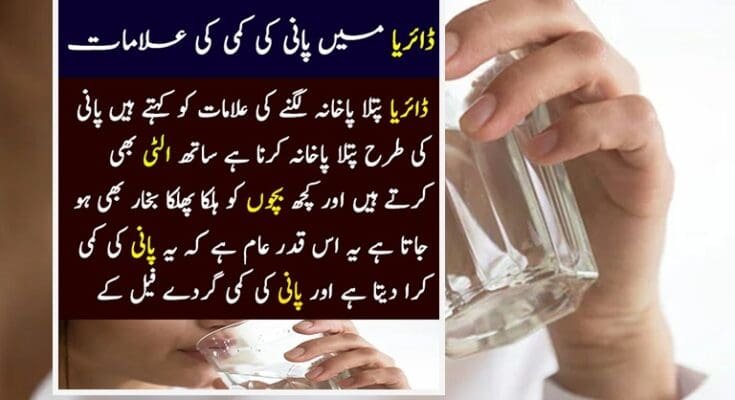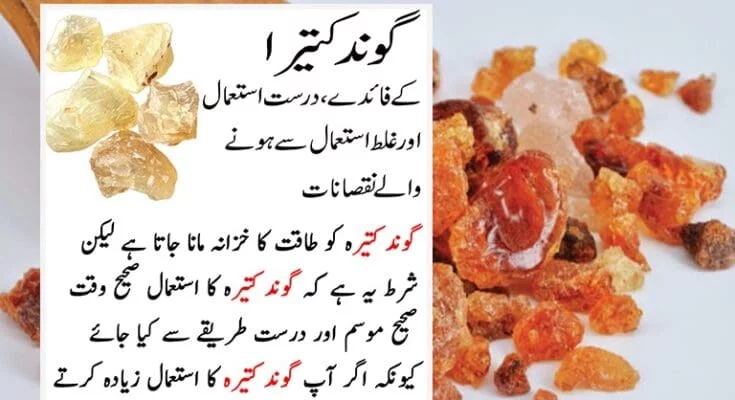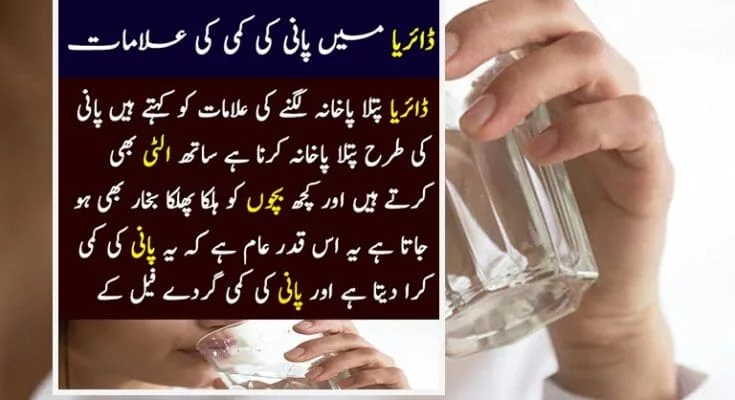Children and Useful Dietary Recommendations for Diarrhea
When kids have diarrhea, it’s essential to keep them hydrated, which means making sure they have enough water in their bodies. Dehydration, which happens when the body loses too much water, can be a big worry. As a parent or caregiver, you play a crucial role in looking after your child’s health during this tough time. In this article, we’ll talk about “Children and Useful Dietary Recommendations for Diarrhea.”
Recognizing Dehydration Signs
First, let’s talk about the signs that show a child might be dehydrated. Some of these signs are easy to spot, while others might be a bit trickier, but it’s really important to watch out for them. Here are some common signs:
- Not Peeing Much: If your child isn’t going to the bathroom often, and when they do, their pee looks dark and concentrated, that’s a sign of dehydration.
- Dry Mouth and Cracked Lips: If your child’s mouth is dry, and their lips are all cracked, it’s a sign they need more fluids.
- Sunken Eyes: When their eyes look like they’ve gone in a bit, it’s a clear sign they need help.
- No Tears When Crying: If your child cries but doesn’t have tears, that’s a sign that they are seriously dehydrated.
- Constant Thirst, Tiredness, and Weakness: If your child is always very thirsty and seems really tired and weak, these are signs to be concerned about.
If you notice these signs in your child, it’s crucial to act quickly. They need your help to stay hydrated and recover from diarrhea.
Read in Urdu below

Dealing with Dehydration in Children: What to Watch for and How to Help
When kids have diarrhea, dehydration is a common worry, but there are things parents and caregivers can do to help. Dehydration is when your body doesn’t have enough water. It’s important to know the signs and how to stop it. Here’s what to look for:
Signs of Dehydration in Children:
- Not Peeing Enough: If your child isn’t going to the bathroom much, and when they do, their pee looks dark, it’s a sign of dehydration.
- Dry Mouth and Cracked Lips: When your child’s mouth is dry and their lips are all cracked, they need more fluids.
- Sunken Eyes: If their eyes look a bit hollow or sunk in, it’s a sign they need help.
- No Tears When Crying: When your child cries but doesn’t have tears, that’s a sign they are really dehydrated.
- Always Thirsty, Tired, and Weak: If your child is very thirsty all the time. And seems tired and weak, you need to pay attention.
ALSO READ: Mastering Dental Care: Brushing, Flossing, and Mouthwash
If you see these signs, you should act quickly. Dehydration is serious, especially for kids. But there are things you can do to help:
Tips for Stopping Dehydration:
- Drink Water: Encourage your child to drink water throughout the day. Give them water-rich fruits like watermelon, oranges, and strawberries to help them stay hydrated.
- Eat Hydrating Foods: Include foods with lots of water in their meals. Foods like cucumbers, celery, and lettuce have plenty of water and can keep them from getting dehydrated.
- Special Drinks: Give them special drinks with things called electrolytes. Drinks like coconut water or watered-down fruit juice can put important stuff back in their bodies and help keep them balanced.
- Rehydration Solutions: If your child’s diarrhea doesn’t stop, you can use special solutions from the pharmacy. These can help put back the water and important stuff your child loses. They can also help prevent dehydration.
- Skip Certain Foods: Don’t give them snacks that have a lot of salt, processed foods, or sugary drinks. These can make dehydration worse.
By paying attention to these signs and using these tips. You can help your child stay healthy, even when they have diarrhea. And if the signs of dehydration don’t go away. It’s a good idea to talk to a doctor. Taking care of your child’s health is essential, and staying hydrated is a big part of that.
It is crucial for parents and caregivers to monitor children’s fluid intake and be vigilant for any signs of dehydration. Maintaining a balanced and nutritious diet, along with sufficient fluid intake. It can play a significant role in preventing and managing dehydration in children. If the symptoms persist or worsen, seeking medical advice is highly recommended to ensure timely intervention. And prevent any complications associated with dehydration.






